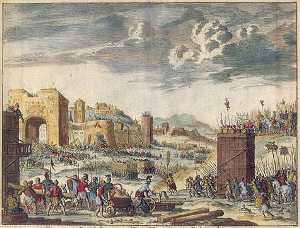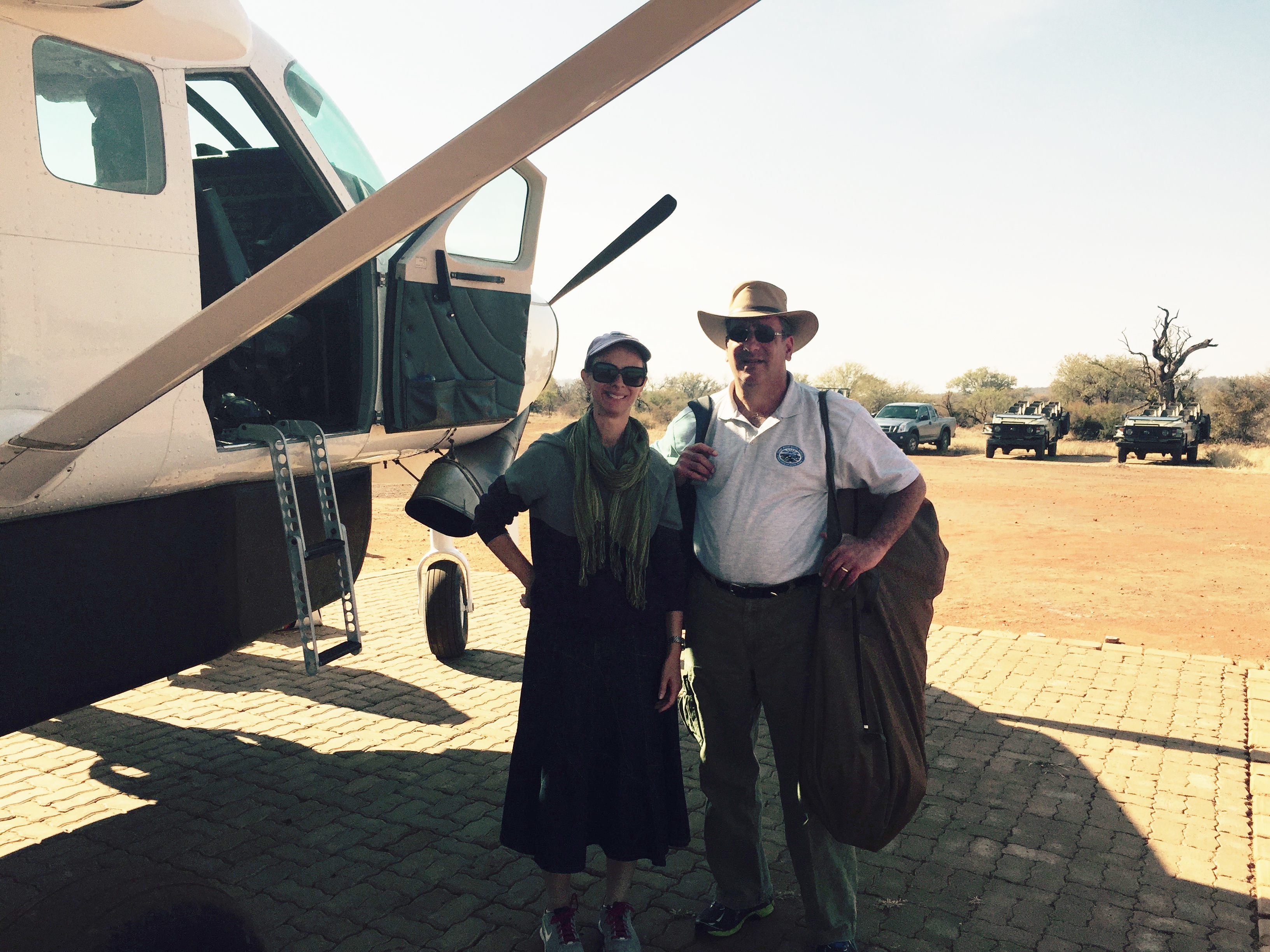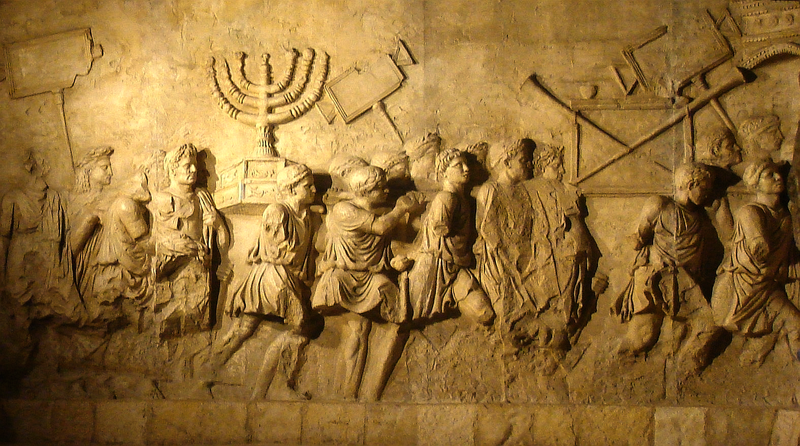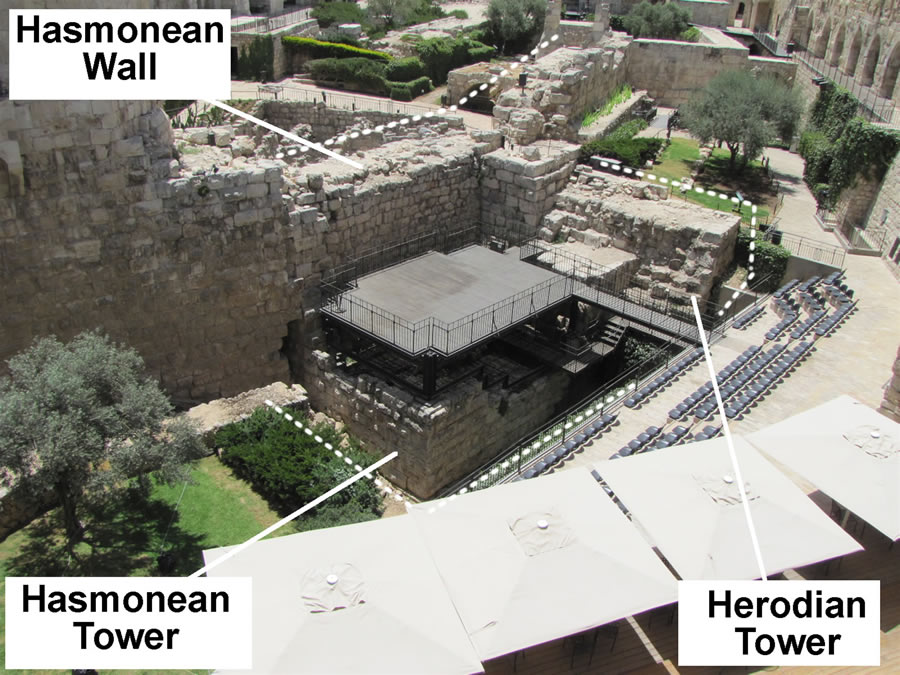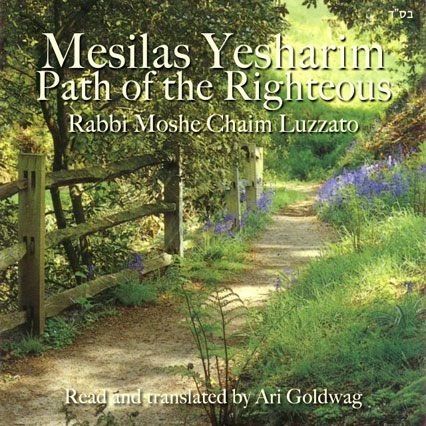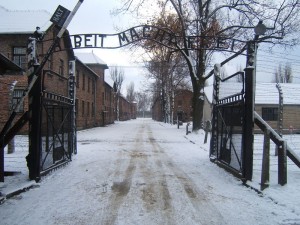
Arguably the first and most obvious characteristic of the people is that they are a nation of individuals – or, more precisely: individualists, i.e. a non-conformist, independent people. Because of that they are a cantankerous group, not easily given to unity and reconciling opinions.
We all long for a placid, tranquil existence. However, in terms of ultimate good, lack of friction is not always a blessing. It can lull and seduce one into self-satisfaction to the point of inaction. An engine runs on friction. Torah is meant as the lubricating oil in the engine of the Jewish people. It helps harness the friction.
Each of the brothers was a righteous person, but individualistic almost to a fault. Jacob sought to harness their individualism by the blessings he gave them at the end of his life. He blessed “each one according to his own blessing” (Genesis 49:28), portraying them each in a different role, giving them each different assignments. Any parent realizes that every child is a unique world unto himself or herself. You cannot educate one child according to another child’s personality and talents. Just because it worked for one child does not mean it will work for the next child.
In total there were twelve brothers, each a founder of the Tribes of Israel. Tradition has it that there are twelve gates to heaven. Every brother had his own gate – his own pipeline, highway or conduit — to heaven, so to speak. The prayers, wishes and talents of that tribe only work in its conduit. Just as in a complicated piece of machinery you cannot mix wires, so too in a spiritual sense. You cannot interchange one conduit with another and expect it to work well.
Jacob gave each of his children a blessing perfectly designed for his unique talents and his task in life. His prophetic insight as to how they would be constituted is part of collective make-up of the Jewish people today.
Even though each brother contributed a unique gift to Jewish life they were all the “sons of one father” (Genesis 42:32). Jacob’s vision was of a single nation made of disparate parts — even to the point of severe friction — each contributing in its unique way toward a unified whole greater than the sum of its parts. He encouraged their individualism even as he sought ways to harness it in the service of a higher purpose.
Historically, the outside world has always contributed greatly to uniting the Jewish people. In Auschwitz they did not ask what kind of Jew you were. That is a negative unity; it is a unity imposed from the outside in circumstances which we wished did not exist. However, there is a positive unity also. The type of unity is reflected in what Jacob’s sons said to him on his deathbed: “Hear, O, Israel, God is our God, God is One.” Our devotion to the monotheistic ideal and opposition to paganism; our moral conscience and the fact that we hold ourselves to a higher standard, striving for something greater, unite the Jewish in a positive way. This was all foreseen and molded by Jacob, father of the Jewish people.
Even though the Jewish people are diverse and even disagree vehemently with each other at times it is not always a bad thing. The fact that a person does not agree with you forces you to look at yourself, to try to give an answer, to try to improve. Out of this confrontation rises a greater sense of purpose, direction, influx of ideas and allowance for the imagination to take hold. If we all were the same, not only would it be very boring, it would also not be very productive.
There is a Yiddish saying that translates, “Peace and serenity exist in the cemetery.” In the cemetery no one argues any longer.
There are major rifts in the Jewish people even today. We long for peace, but the peace of conformity is not the peace that we long for. As long as we breathe we will have different opinions — and the right to express different opinions – and from that will come positive developments for the Jewish people.
This lesson of the struggle between individualism and unity is poignantly conveyed to us through the stories of the twelve children of Jacob. They were completely different personalities who often clashed, but who in the end will say, “Hear, O, Israel, God is our God, God is One.”

